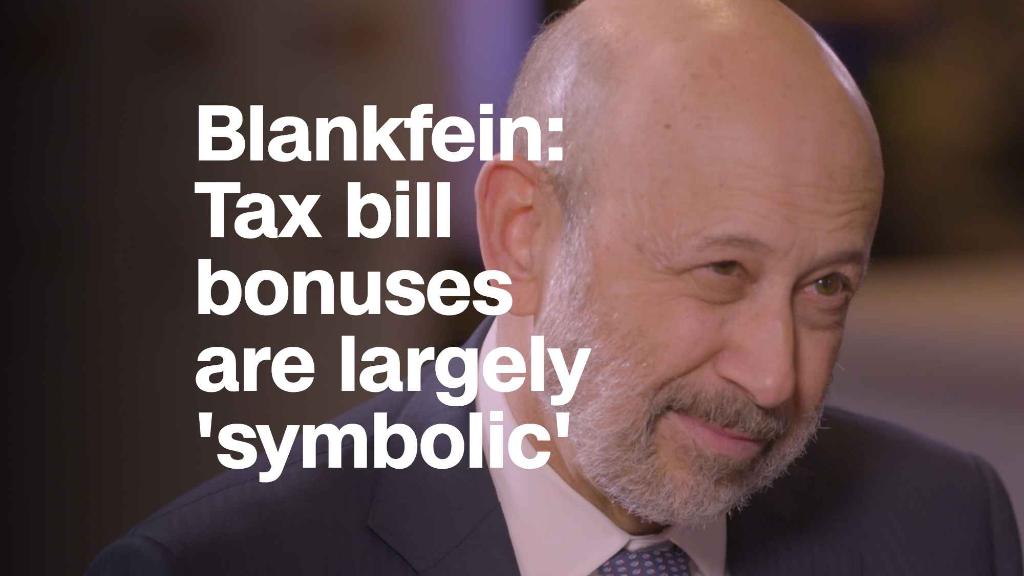
The White House estimates that so far nearly 4.6 million workers will get direct benefit from the new tax law through their employers.
More than 370 companies have publicly cited the law in announcing bonuses, wage increases and employee perks like tuition assistance and better 401(k)s. The law was enacted less than two months ago, so that number will probably go higher.
Here are five things you need to know to understand what's happening.
1. 4.6 million employees is a very small percentage of American workers: That is less than 4% of the private sector workforce, and an even smaller share when you add in federal, state and local government workers.
2. The 4.6 million figure is mostly workers at large corporations: Nearly a quarter of the 4.6 million employees work at Walmart. Indeed, the company announcements so far have largely come from Walmart's fellow Fortune 500 companies such as AT&T, Comcast, Disney and Starbucks. There are small and midsize companies on the list, too, but most are big corporations.
Related: Tax cut scoreboard - Workers $6 billion, shareholders $171 billion
3. The raises and perks are driven by more than the tax changes. Economists and HR experts say some of the pay increases, bonuses and employee benefits that have been announced are also attributable to the tight labor market.
Companies need to do more to retain and lure workers right now. Unemployment is at a 17-year low and unfilled job openings are near a record high.
"These are things that would have been happening anyway. Employers didn't really have a choice because of the tight job market," said Mark Zandi, chief economist with Moody's Analytics.
Related: Who can take the new business tax deduction? Even tax experts aren't sure
4. Many businesses are still figuring out the new tax law: Most businesses in the United States are organized for tax purposes as so-called pass-through entities, not corporations. And the new tax law's effect on them remains murky.
The American Institute of Certified Public Accountants urged the IRS this week to issue immediate guidance on how to interpret the new law's definition of "qualified business income" and related issues that are key in determining whether these businesses will qualify for a new tax break under the law.
5. Shareholders are the biggest direct winners when it comes to corporate tax cuts: Employees of course are grateful for the extra money and benefits. But companies so far have earmarked far more of their anticipated tax savings for shareholders through stock buybacks.
Longer term, the White House's Council of Economic Advisers asserts average household income will go up by $4,000 or more as companies invest more in their own businesses and in the United States, in turn boosting wages and jobs. But many mainstream economists think those estimates are too optimistic.


